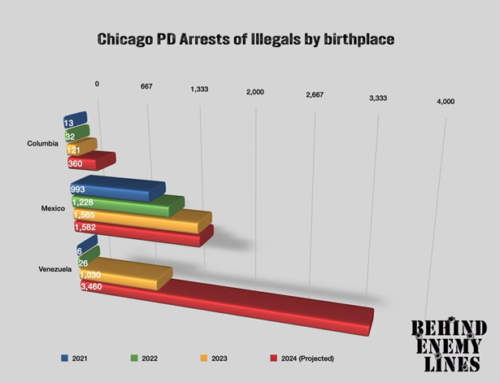So, when Roe was ultimately overturned in 2022, Justice Alito wrote in the Court’s majority opinion that Roe “was remarkably loose in its treatment of the constitutional text. It held that the abortion right, which is not mentioned in the Constitution, is part of the right to privacy, which is also not mentioned. And that privacy right, Roe observed, had been found to spring from no fewer than five different constitutional provisions—the First, Fourth, Fifth, Ninth, and Fourteenth Amendments.”
But, acknowledging that it isn’t in the Constitution at all, Roe’s majority claims the right to privacy is “broad enough to encompass a woman’s decision whether or not to terminate her pregnancy.”
Setting that standard comes with consequences, though. One could argue that reading between the lines also allows just about anything not done in public. Things like child abuse, illicit drug use and nonconsensual pornography are private acts – are they protected too? Where is the line drawn when broadening the Constitution?
Subscribe Below To Our Weekly Newsletter of our Latest Videos and Receive a Discount Code For A FREE eBook from our eBook store:





